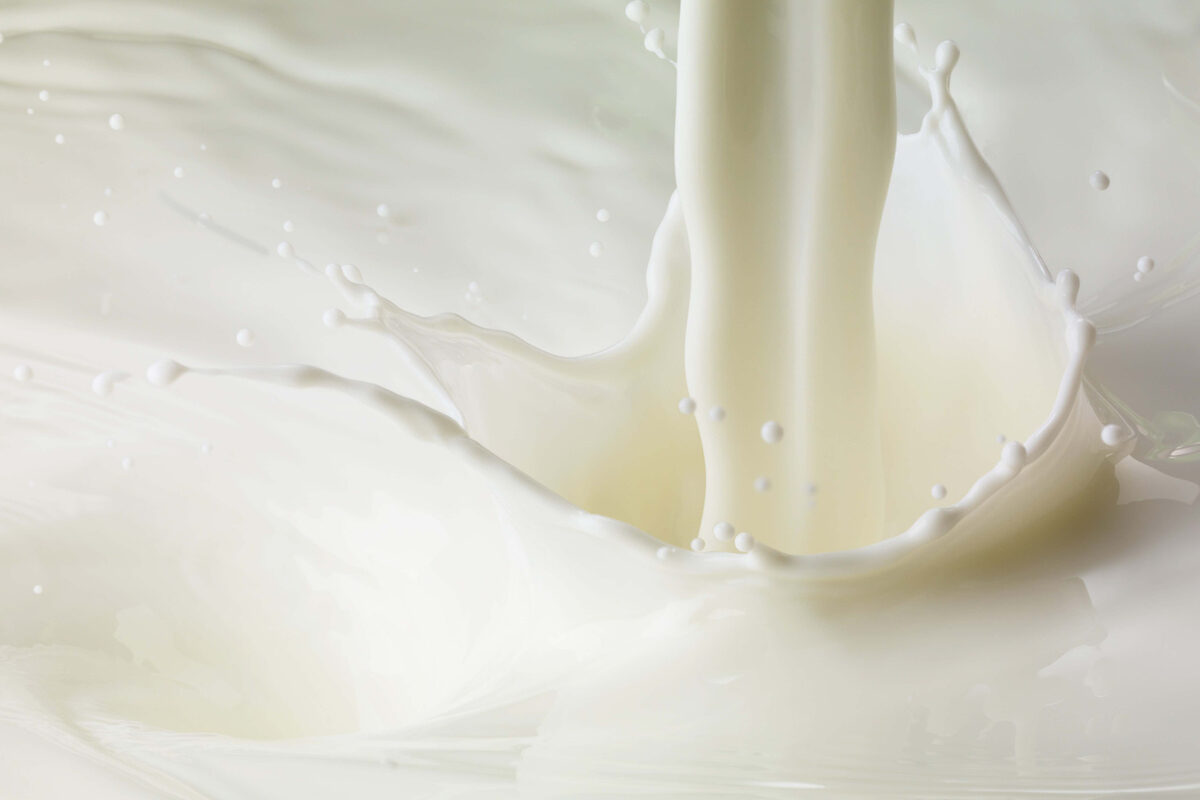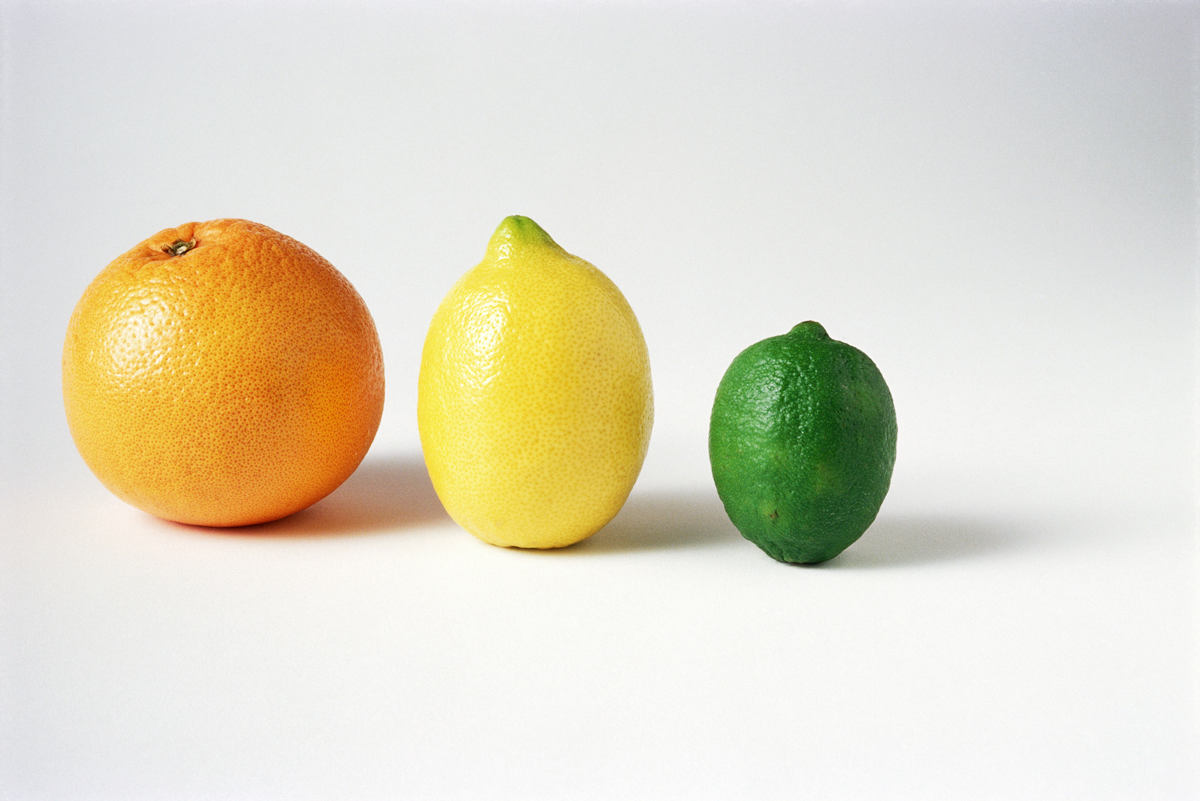I am two weeks postpartum and was just diagnosed with “insufficient glandular tissue.” Is there any data regarding how to boost my supply? The lactation consultant recommended that I supplement with formula and continue to pump after each feeding until 4 to 6 weeks, which is when milk supply is established.
Also, why is this diagnosis not discussed more? It’s pretty obvious from the shape of my breasts that I have it — I’m wondering why providers didn’t flag it during my pregnancy and why more women haven’t heard of it. (Also, wondering why the first two LCs I saw didn’t diagnose it — only the third mentioned it.)
—Feeling Insufficient
Insufficient glandular tissue, or IGT, is a condition in which the breasts do not have enough milk glands to produce sufficient milk to fully nourish a newborn. This is a complicated and somewhat opaque diagnosis. There is no test. While breast shape can be a clue (wide-set, triangular breasts that appear less full between the nipple and the chest wall), it isn’t possible to know from a physical exam whether this condition will affect someone. Moreover, distinguishing this from other things that cause low supply is hard. This is probably why it took so long to recognize in your case.
My sense for why this isn’t more discussed is that breastfeeding advocacy tends to lean into the idea that if it even might work, it’s worth trying as hard as possible. In that world, telling people that it might be impossible to get enough supply could be seen as discouraging. Given the complexity and uncertainty of the diagnosis, it may feel better to not even mention it. (Side note: A lot of the claimed benefits of breastfeeding are overstated.)
In terms of practical advice: What your lactation consultant has told you is the best advice we have. The only consistent way to increase breast milk supply is to generate more demand, which is what pumping does. Pumping after nursing may help convince your breasts to produce more milk, and if they can, they will. With this diagnosis, however, it may well be the case that no matter how diligent you are with pumping, you will not get enough milk. And please make sure your mental health and happiness are part of the consideration here. Formula is a great option, and killing yourself over nursing is not.
Community Guidelines



















Log in